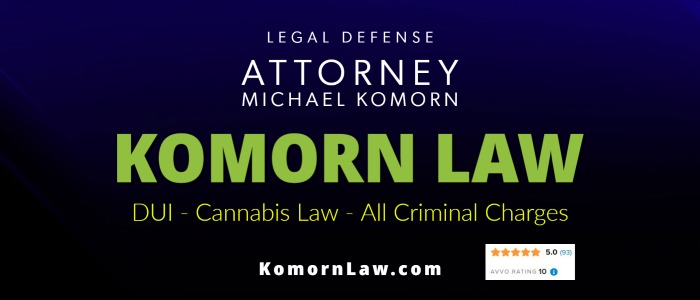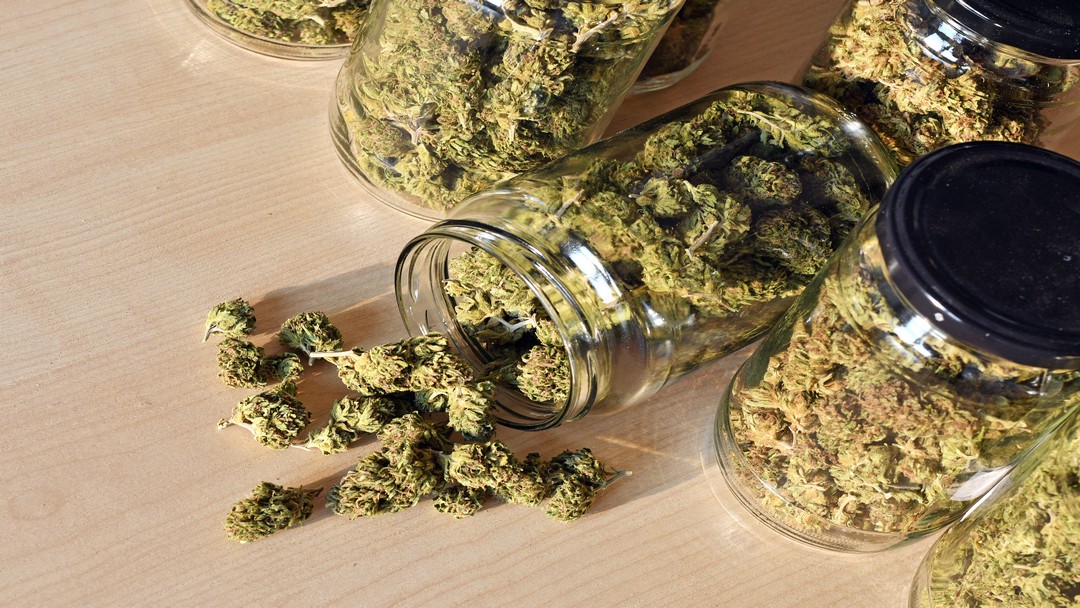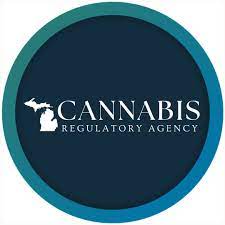The Marijuana Regulatory Agency (MRA) released the application process for adult-use recreational marijuana business licenses. The MRA will begin accepting adult-use marijuana applications on November 1, 2019.
- An overview of the licensing process
- Step one and step two applications for new applicants and existing medical marijuana facility licensees
- Detailed step-by-step instructions for the online applications
- Instructions for new applicants and existing marijuana facility licensees for each license type
- Application checklists
- Detailed paper instruction booklet including step-by-step instructions for paper applications
While the MRA will accept paper applications, it is highly recommended that applicants use the online application, which has been specifically designed to ensure the efficient receipt of all necessary applicant information. Online applications will automatically be moved quickly into the processing system.
Two-Step Application Process
On November 1, 2019, the MRA will begin accepting applications for marijuana licensing under the Michigan Regulation and Taxation of Marihuana Act (MRTMA) which was passed by the voters of the state of Michigan in November 2018:
The MRA will be utilizing a two-step application process:
- Prequalification
- Establishment Licensing
Step One – Prequalification
The main applicant and all supplemental applicants must submit step one applications for prequalification for review by the MRA. During this step, background checks are completed on the main applicant and all supplemental applicants.
There is a $6,000 nonrefundable application fee for the main applicant, which is the entity or the individual seeking to hold the state license. The main applicant is required to submit a step one prequalification application.
Supplemental applicants can be entities or individuals. The definition of who is considered a supplemental applicant varies, depending on business structure. Every supplemental applicant is required to submit a step one prequalification application but only the main applicant needs to submit an application fee.
It is important that the main applicant does not submit payment until all supplemental applications have been submitted. If payment is received before all supplemental applications are submitted, a notice of deficiency will be sent stating that the main applicant has five days to submit all supplemental applications or the application may be denied. The Marijuana Regulatory Agency will begin to process prequalification applications once the $6,000 prequalification application payment is received.
Step Two – Establishment Licensing
After the main applicant and all supplemental applicants have successfully achieved step one prequalification, the main applicant can submit step two licensing applications for the license type(s) it seeks to hold.
During step two licensing, the MRA will vet the proposed marijuana establishment, including, but not limited to:
- Business specifications
- Proof of financial responsibility
- Municipality information
- General employee information
The physical marijuana establishment must pass an MRA inspection within 60 days of submission of a complete application.
Applicants who are seeking licensure as a grower, processor, or a microbusiness must pass a Bureau of Fire Services (BFS) plan review. Additionally, all MRTMA marijuana applicants – except temporary marijuana events and marijuana event organizers – must pass a BFS inspection within 60 days of submission of a complete application.
Due to the level of detail involved in the step one and step two adult-use application processes – as well as the time sensitive nature of the process – the MRA strongly recommends achieving step one prequalification before submitting a step two application.
Final Approval
An applicant cannot be issued a state license until all requirements in the MRTMA and administrative rules are met. After establishment licensing (step two) is completed, an applicant will be required to pay an initial licensure fee for each license. Once the initial licensure fee is received, the license(s) will be issued.
LOOKING TO START A CANNABIS MICRO-BUSINESS ?
You’ll require legal guidance and consultation to get you licensed and keep you going.
Call Komorn Law 248-357-2550 or do your research and visit KomornLaw.com .
It’s what we do and what we’ve been fighting for over 25 years
There are 17 potential reasons for license denial outlined in Rule 14 of the Adult-Use emergency rules, including the following:
- The applicant failed to correct a deficiency within five days of notification by the MRA in accordance with Rule 8 (application requirements; complete application)
- The applicant failed to receive a passing prelicensure inspection within 60 days of a complete application being submitted to the agency
- The applicant has submitted an application containing false information
- The applicant or anyone who will have ownership in the marijuana establishment has a pattern of convictions involving dishonesty, theft, or fraud that indicate the proposed marijuana establishment is unlikely to be operated with honesty and integrity
- The applicant or anyone who will have ownership in the marijuana establishment has a conviction involving distribution of a controlled substance to a minor
License Types
To be eligible for the following license types, the main applicant does not need to possess a medical marijuana state operating license:
- Class A Marijuana Grower
- Marijuana Microbusiness
- Designated Consumption Establishment
- Marijuana Safety Compliance Facility
- Marijuana Event Organizer
- Temporary Marijuana Event
To be eligible for the following license types, the main applicant must possess a medical marijuana state operating license:
- Class B Marijuana Grower
- Class C Marijuana Grower
- Excess Marijuana Grower
- Marijuana Processor
- Marijuana Retailer
- Marijuana Secure Transporter
“It is highly recommended you have an attorney that is familiar with the cannabis community and licensing procedures.” MK









